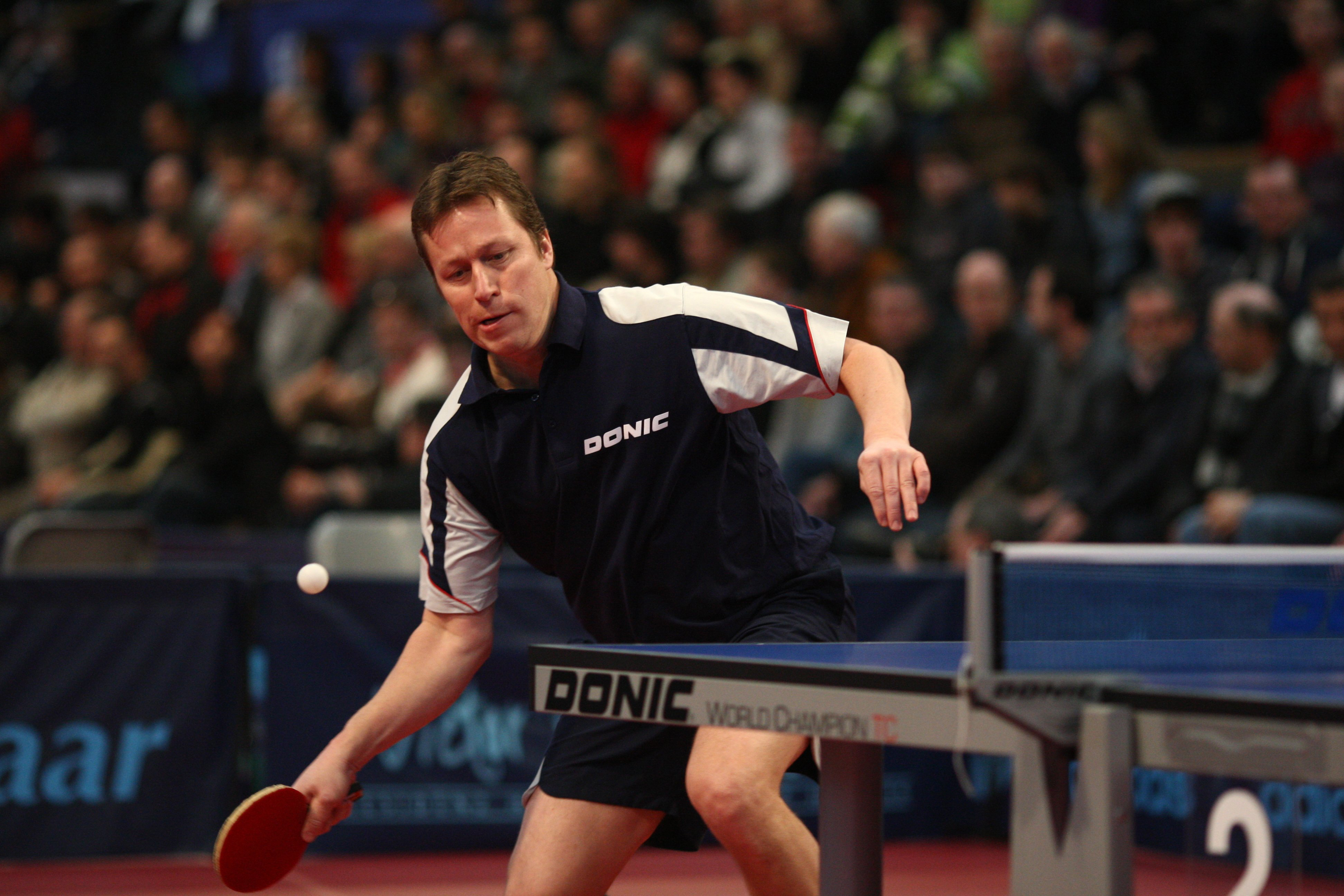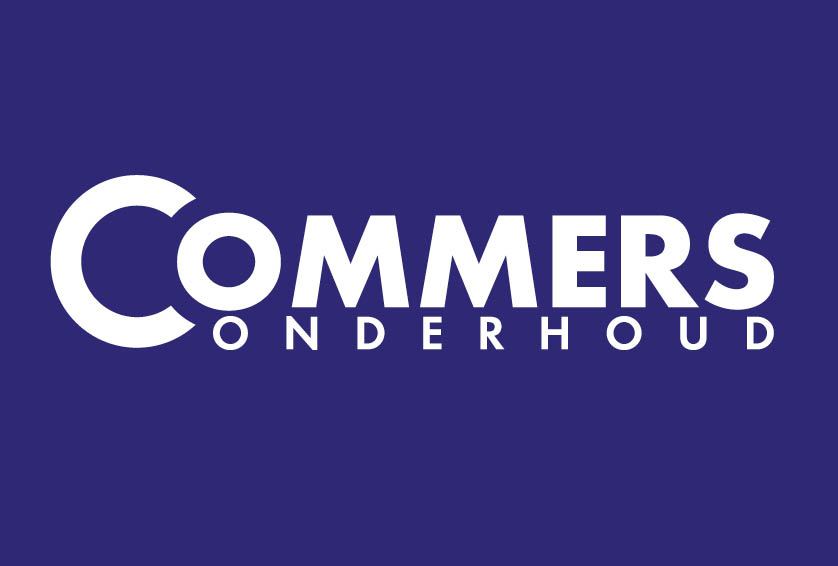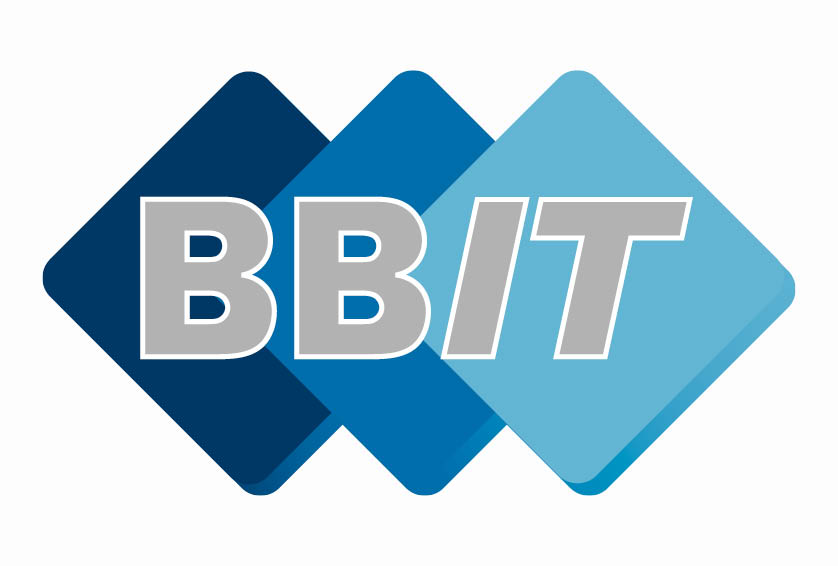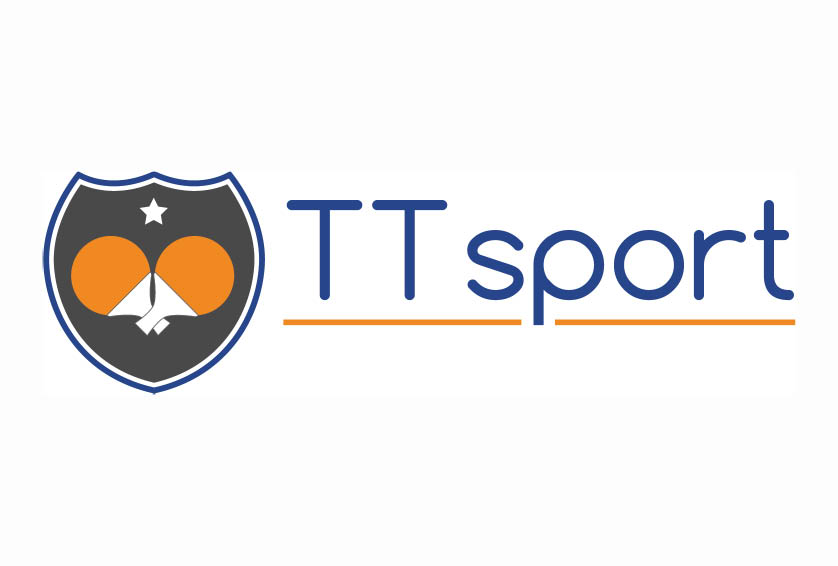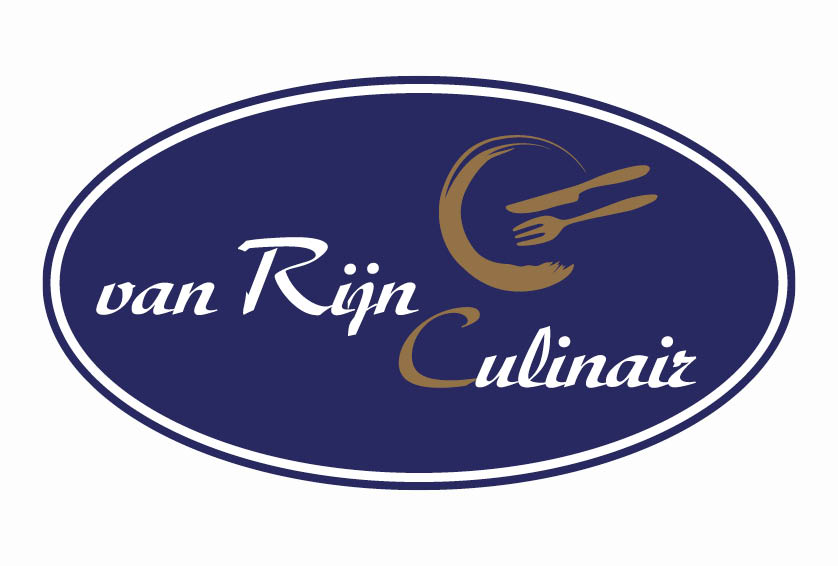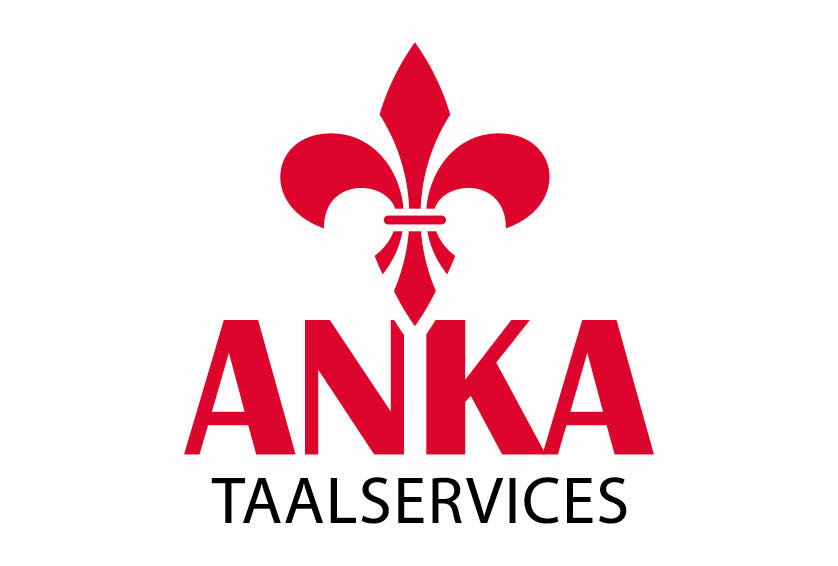Tip #1. "Become a complete player:
In order to win big titles, you must master play against all playing styles. Therefore, you must regularly practice and compete against players of different styles. The most important styles to embrace are loopers (maximum topspin), attackers (maximum speed), and choppers (maximum backspin).
Another important aspect is to play against left handed players. I would like to remind you that both right and left handed players spend 85% of their playing time playing against right handed players. To be successful against both right and left handed players requires a well developed technique and a very good balance.
I have had the advantage of practicing a lot with left handed players. e.g. Mikael Appelgren and Ulf Thorsell in my first club. Later on in the Swedish National Team, left handed players were well represented; Appelgren again, Stellan Bengtsson, ErikLindh, Ulf Bengtsson, Thomas von Scheele, and Peter Nilsson."
Tip #2 "Acquire point-winning weapons:
Table tennis is a tough sport, exercised under a high level of stress. Often, you have to play many matches per day. Therefore, it is important to be able to win simple and quick points.
I have always been able to rely upon my serves, frequently directly point-winning. I have furthermore worked hard to follow up my serves with a varying forehand stroke. Spend some time analyzing which point-winning weapons you already possess. And, remember that new weapons can be developed!"
Tip #3: "Develop a relaxed technique:
Table tennis requires a tremendous amount of practice. Always try to play as relaxed as possible. This will increase your chances to play relaxed even in tight situations and at the same time decrease your susceptibility for injuries.Personally, I have managed to avoid lengthy injuries, which is one of the reasons why I have been able to remain at the top for so many years."
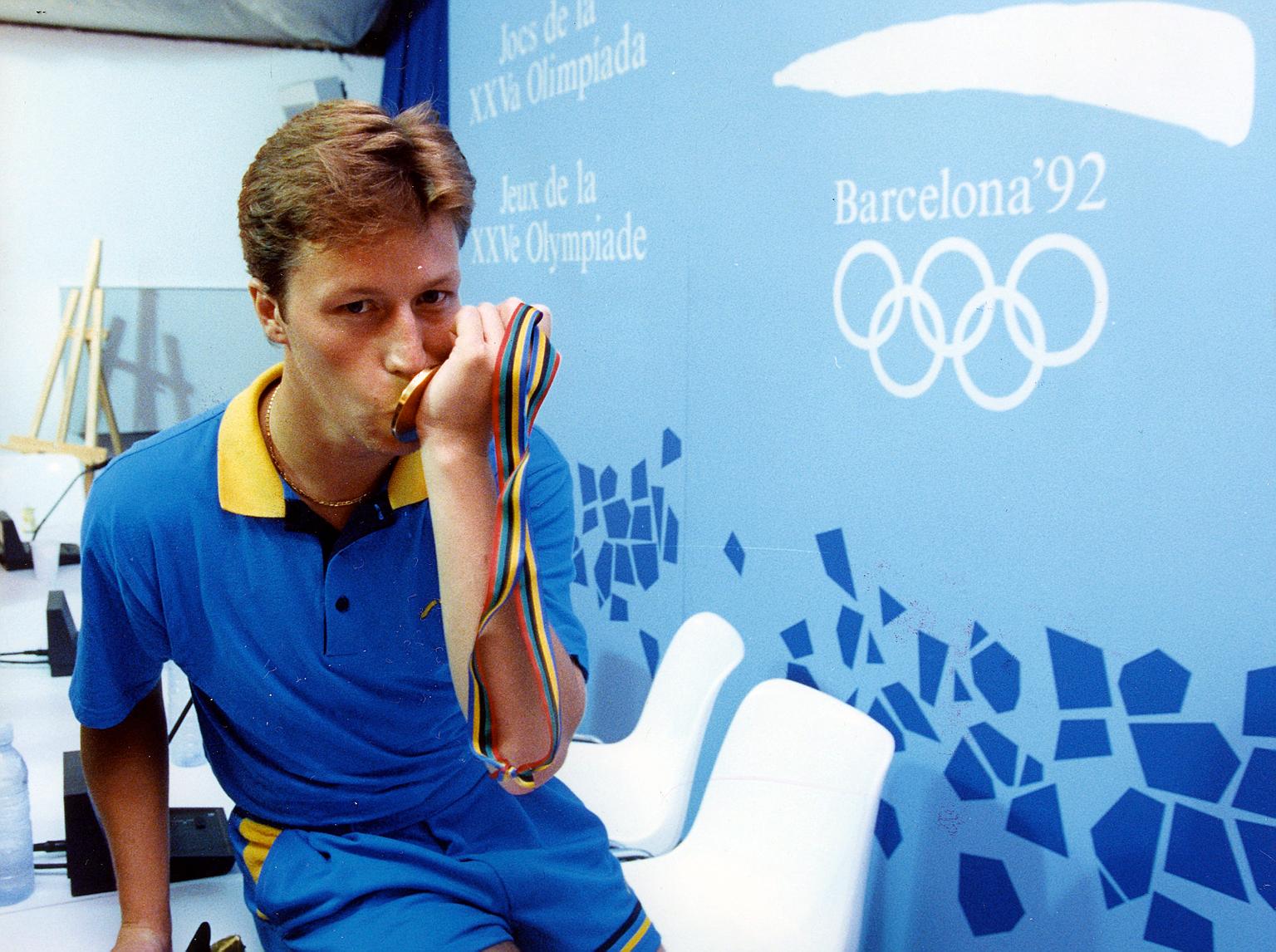
Tip #4: "Play a lot while young:
Table tennis requires an advanced motor coordination and dexterity. It is therefore important that you learn technically as much as possible before the age of about 13. As long as you still are having fun, practice and compete as often as possible. Use your imagination by continuously trying out new strokes, even during matches. Try a new strategy in the middle of a game. Consider a deuce in the deciding game as a challenge to test your most effective serve, or a new type of serve return.
Remember that your career in table tennis is quite long. When feeling bad about a loss, try to think instead about the next tournament and how you can improve."
Tip #5: "Master Three Distances:
Many players master play from only one or two distances. My recommendation is that you consciously practice play from all three distances after bounce as indicated below:
Distance 1......ball on its way up:
You must hit the ball before it reaches its highest point after bounce. You should learn to use short and quick strokes with little backswing.
Distance 2....ball at its highest point:
You should learn to use a RELAXED technique when hitting the ball at its highest point after bounce. A large variety of strokes can be successfully applied at this distance.
Distance 3....ball on its way down:
You hit the ball after it has reached its highest point after bounce, on its way down. This distance requires a technique where you use a large forearm movement before ball impact."
Tip #6: "Study Good Players:
Watch as much table tennis as possible. Study video recordings, both of yourself and world class players. In particular, I used to study particularly the Hungarian player Tibor Klampar. His wrist movements and ball hits were of extraordinary quality. By studying a number of Chinese players, I learned to appreciate the importance of developing effective serves.
Try to imitate certain players in order to get a better understanding of advantages and disadvantages of different playing styles, racket grips, movement patterns, etc. In the Swedish National Team, we have throughout the years very much enjoyed mimicking different players. Erik Lindh is a master in imitating many of our opponents."
Tip #7: "Analyze Your Opponents:
Only when you are up against a player the first time can you get an appreciation of, for instance, the quality of his or hers forehand loop. Therefore, enlist the help of those of your pals who have played the person in question. Bring forward to discussion all relevant details. Remember that there are many ways to win matches in table tennis. The better prepared you are, the greater are your chances. The margins in this game sometimes appear minuscule, but it is always the best and most professional player who profits from them."
Tip #8: "Use Your Head:
Mental strength is a vast and important subject and perhaps the most difficult characteristic to develop through training. Personally, I have developed a way to think and act that I believe suits my personality. The starting point must be yourself, in my opinion.
Mental strength is based on experience and acquired knowledge about your sport. Listen to the advice of others whom you trust, but remember that, in the final analysis, you MUST rely upon your own judgment.
When I was younger, I studied in detail many successful Swedish athletes, including Bjorn Borg and Ingemar Stenmark. I was impressed by their calmness when competing. During the years, I have learned to analyze my losses and then forget them as quickly as possible. To the contrary, I do carry around memories of my victories in order to boost my self-confidence."
Tip #9: "Be Respectful:
A table tennis match is decided in a short time, and it does not take much to lose by underestimating your opponent. It is important to graciously accept losses and to show respect for your opponent. Whether I win or not, my strategy has always been to keep a low profile."
Tip #10: "Think Long-Term
To conclude, I would like to emphasize that it takes a long time to become a good table tennis player. There are always new things to learn. Try to think long term and avoid focusing too much on results when you are young.
If you aspire to compete with the best, you just walk a narrow road. You must realize that only a large amount of training, and tough training, will lead to the goal. The principle applies both to training at the table and to physical conditioning.
However, don't forget to now and then have some fun and experiment a bit. Occasionally, you will discover something that will be useful in match play.
And, finally, GOOD LUCK!"
[Bron: http://www.tabletennisandmore.com/jowaldnertips.htm]

